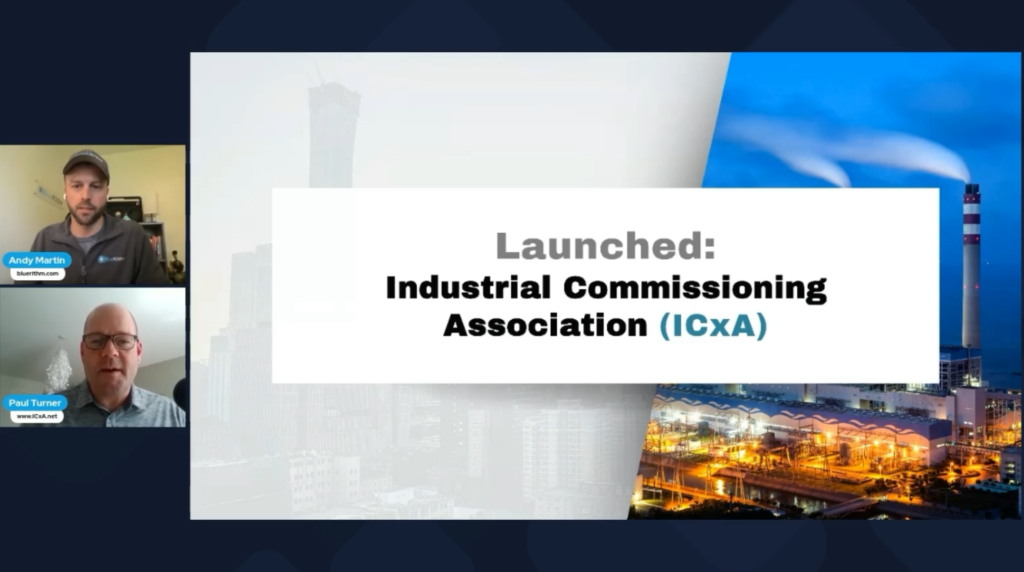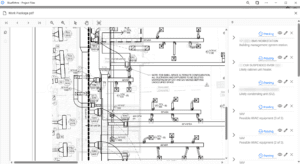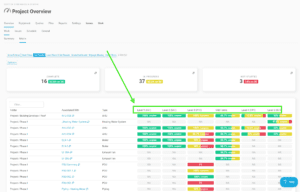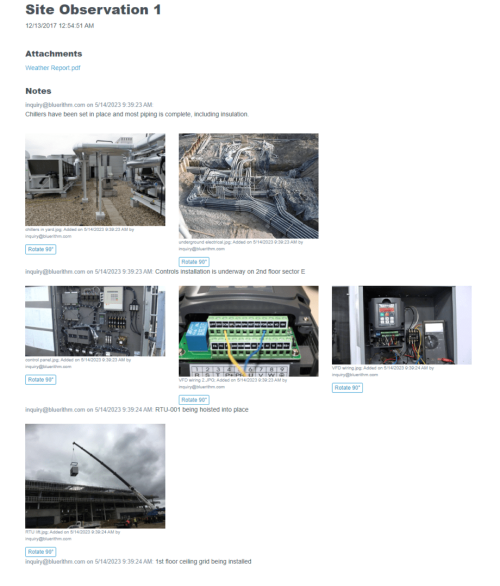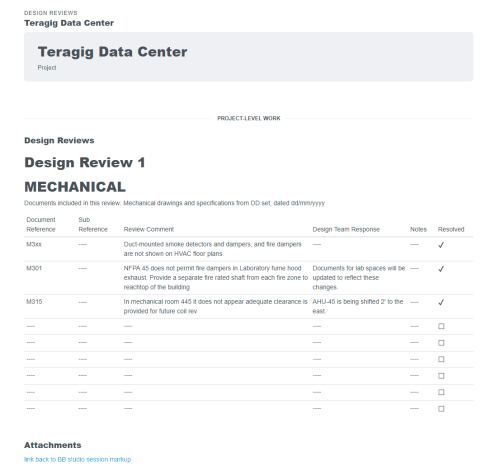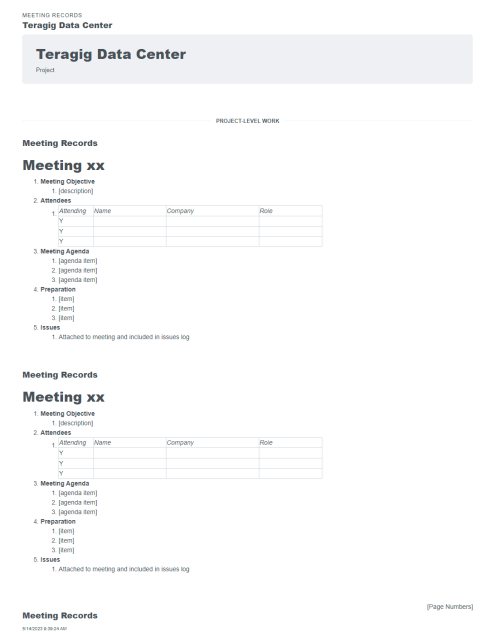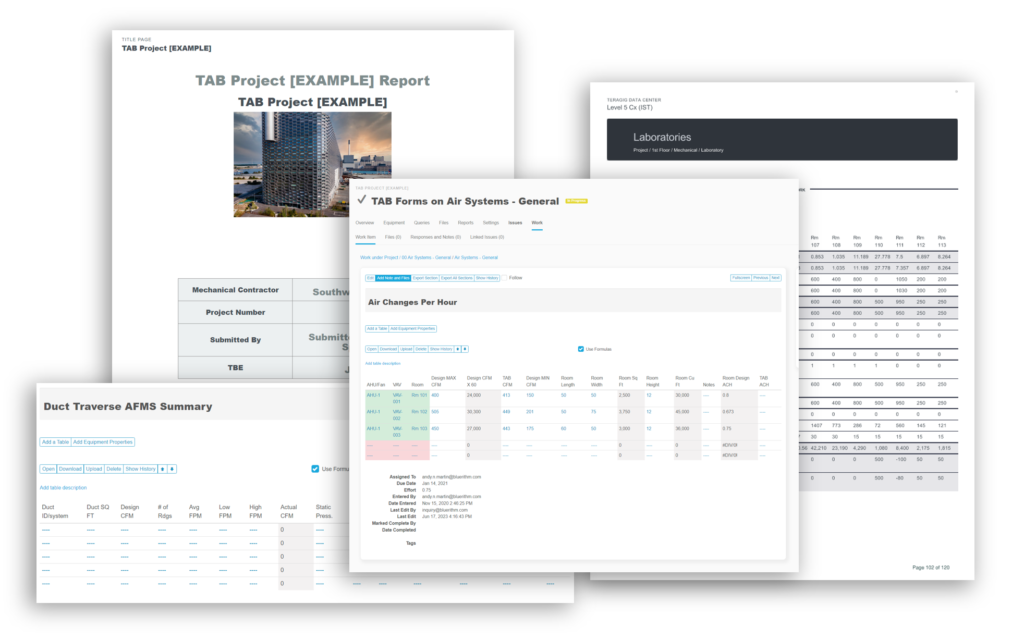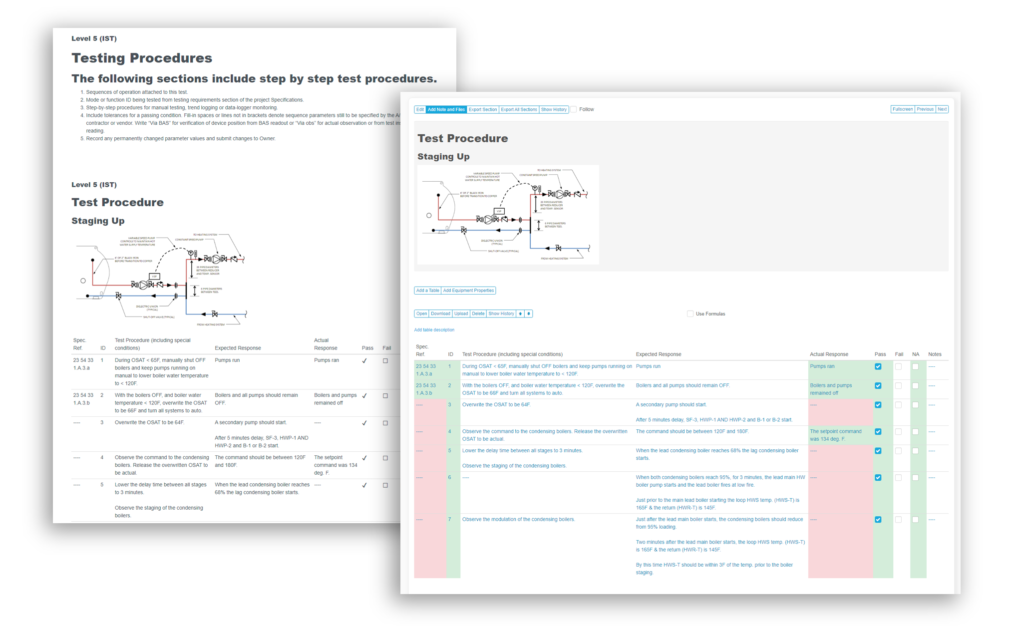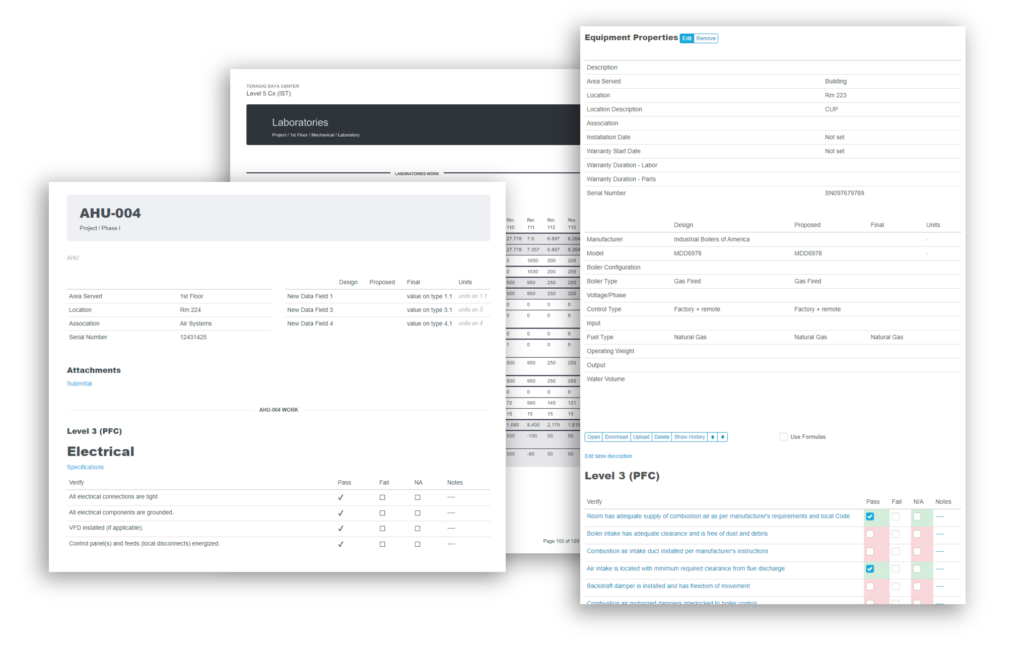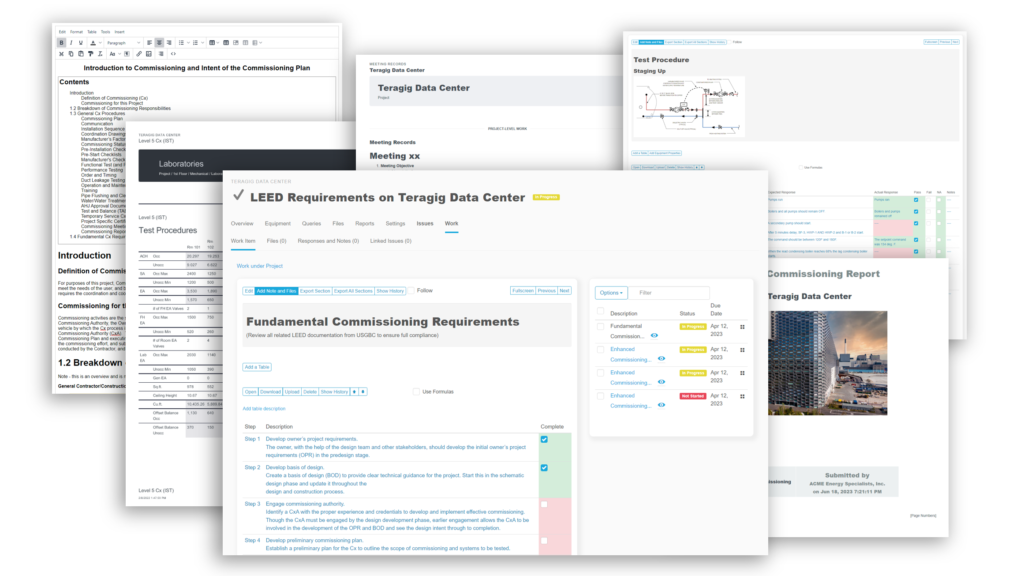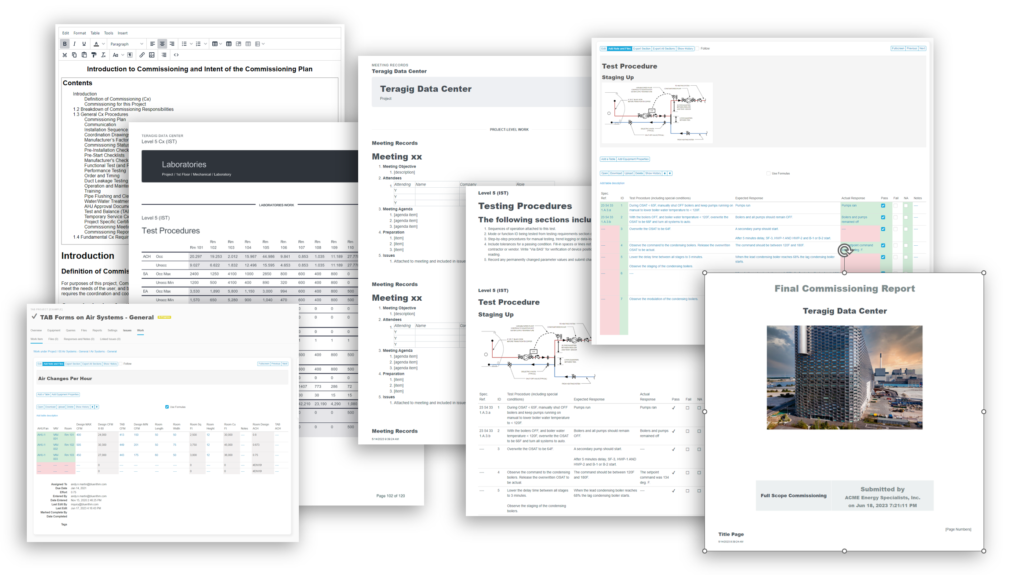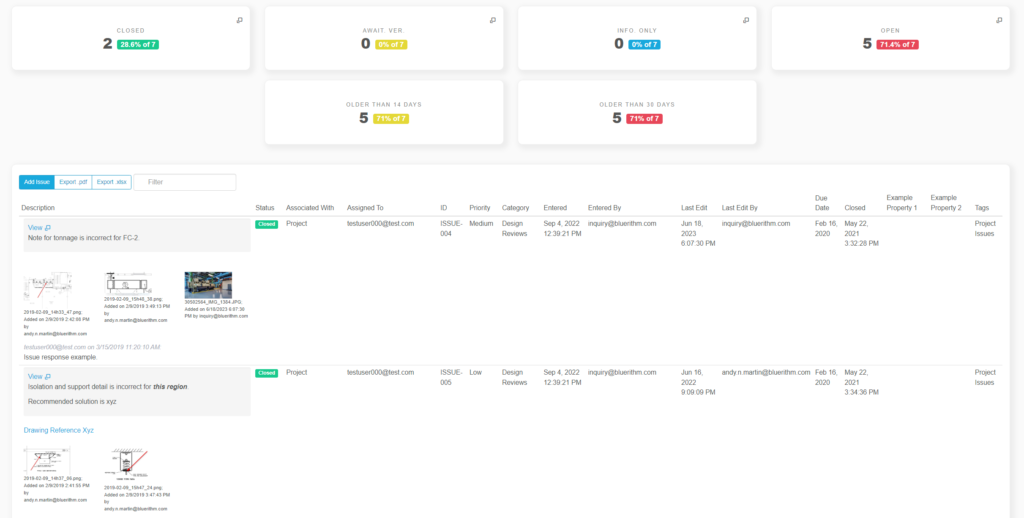Transcript
Andrew Martin: [00:00:00] Hey, good afternoon, this is Andy Martin, and I’m joined here by Paul Turner. Today we’re going to talk about the newly launched Industrial Commissioning Association. So, Paul’s here to talk about that. He’s been the driving force behind it and great to be talking with you today, Paul, and I’m eager to learn more about what you’ve been working on here.
Paul Turner: Thanks, Andy. Appreciate it. Happy to talk to you. Happy to share some commissioning information with the community.
Andrew Martin: So, what we’ll call the ICxA for short here, why was it founded? Aren’t there other organizations out there on the market or in the industry that focus on commissioning that are writing standards and guidelines and providing training and certifications already?
Paul Turner: Yeah, you’re right. There certainly are lots of commissioning organizations. When you look out there a lot of the information is related to building commissioning. And when I first started my commissioning journey several decades ago, I found that there were missing support groups for industrial commissioning.
I guess building [00:01:00] commissioning and industrial commissioning they’re somewhat different and not to say that one is better than the other. We certainly need all the experts working on projects to make our projects successful, but what I found missing was the support for, say, commissioning an LNG facility or a power substation and what kind of standards you would use or the checklist you would follow, some general guidance on contract structures to make our complex commissioning projects successful.
That’s what we’ve put together with the Industrial Commissioning Association is some resources to help people get started in this field of commissioning, because I think we can all agree that commissioning is not generally well understood on projects. A resource to help people get started, get pointed in the right direction and get information to help them figure out this complex topic on projects.
Andrew Martin: Got it. So, what are some of the goals of this association or this organization both in the short term and in the long term? What kinds of things is the team thinking about right now? [00:02:00]
Paul Turner: So, a lot of the questions I get about commissioning over the years has been where do you get started?
What are the best practices for commissioning? What standards would you follow? And where can you get some checklist to get started? So that’s the primary initiative we’ve been putting together is just to provide those resources that people can draw on. Somewhere they can go and get this information all in one spot to help them get started with projects.
There’s certainly information out there online, a lot of building commissioning information, and you can find industrial commissioning information, but it’s scattered and maybe a bit dated, and it’s tough to scour the internet and find what you need.
So, this is the one stop shop to get all the information you need and get started in the right direction. Some of the longer-term initiatives, when we’re working on projects, even projects in the same industry, everybody seems to be speaking the same language. There’re different terminology and different structures and people coming from multiple different projects together on one [00:03:00] project.
Everybody has a different idea of commissioning. So, some of the longer-term initiatives we would be looking at is that kind of standardization of the commissioning process, the standardization of terminology. Now that’s a pretty big audacious goal to get there. That’s going to take a long time, but ultimately that’s where we’d like to get to over time, over years, by getting people involved in the community, gathering everybody’s industry expertise and kind of collaborating together to eventually get to that point.
Andrew Martin: Got it. Yeah. So that kind of leads to some of the questions here about the ability to influence some of those standards and, eventually get to the point where the ICA is able to release some guidelines, publications and written standards that people can start to coalesce around.
What do you think the challenges are to getting to that point? Is it about critical mass and just having the momentum and the support from the community? Or do you think there are certain parts of the industry that you need to reach out to and influence?
Just curious how you [00:04:00] see that developing over time. And what do you think the key places are that people involved want to see this succeed, really need to invest their energy.
Paul Turner: It’s certainly a big challenge for sure, because everybody does commissioning differently, right?
And rightly projects have unique challenges and require a unique set of solutions during commissioning to get the job completed successfully. Oil and gas industry will do commissioning differently than the power industry, then chemical manufacturing industry. But fundamentally underlying the process is largely the same to have that risk approach to quality management.
So, we can deliver quality systems at the end of projects. I guess it’s definitely going to take community involvement where everybody can provide their wise commissioning knowledge to one central group here to try and collaborate and get to those long-term goals. So, it’s definitely going to take input from everybody.
There’s lots of wise commissioning experts out there. So, we’d really [00:05:00] like to reach out and capture this knowledge and get it all consolidated here in one place so that we can help other people figure out this complex topic. There’s definitely a gap on projects from an understanding of what commissioning is for project management groups, for engineering groups, for commissioning groups.
So, we really want to get everybody’s involvement here to get their contributions and get that common understanding of what commissioning is and how it really helps projects. So yeah, we want to get everybody involved from project management groups, engineering groups. Everybody should join regardless of what level of commissioning understanding you’re at.
If you’re a wise commissioning expert, then we’d love to get your expertise contributed here. If you’re new to commissioning and just figuring this stuff out, then we’ve got resources to help you out. So, it’s largely to bridge the gap between the different groups on projects and get everybody’s understanding of commissioning to that common level.
So, we can [00:06:00] all contribute to projects.
Andrew Martin: Yeah, that’s great. It’s like you said, it’s a big project and these things take time, but with the right motivation and consistency. I definitely know it’s possible. It’s been done before. Other industries have done it.
So, it’s a great initiative. So, how can people get involved if, we’re talking to folks right now and this is resonating with them and they agree that there’s definitely a need here and they want to be part of it. What can they do to support the initiatives and what can they do just to get involved in general.
Regardless of what stage you’re at, if they’re just looking for resources to help them get started or if they want to get in and help build the foundation and the future of this organization.
Paul Turner: We definitely encourage everyone to get involved. So, if you’re an individual that wants to get involved and get some information on your projects, then we’ve got options for individuals to join our association.
We encourage corporations to get involved. It’s always good to be associated with a group when your part of a service group that’s providing commissioning to be associated with the [00:07:00] Industrial Commissioning Association always looks good. So, individuals, corporations regardless of your level of understanding, the best place to get all the information you need is at icxa.net. There’re options there. You can learn more about our industrial commissioning association, some of the initiatives we’re working on and all the options for you to get involved and become a member and gather knowledge from the association and contribute knowledge to the association. Definitely check that out.
Andrew Martin: Excellent. That sounds good. So, we’ve got the website listed up here. We also have your contact information and again, the website for the Industrial Commissioning Association. Is there anything else you think we should leave as parting thoughts, ideas or just information for folks today about the ICxA?
Paul Turner: Yeah, for sure. We’ve heard lots of concerns, questions over the years with commissioning, right? It’s not well understood and there’s gaps on, projects and maybe we’re losing some of the commissioning expertise because our wise commissioning experts are [00:08:00] retiring. So, this is an opportunity for everybody to get involved and contribute knowledge and grow this knowledge for the industry so that we can ensure this knowledge lives on and help other people understand the art of commissioning for our projects.
Andrew Martin: Yeah, absolutely. It’s a great way if you’re on the tail end of a career and you want to help leave a lasting impact and a legacy this is a great opportunity. It seems like for somebody to get involved and help develop some of this material and training and support for the next generation.
So that’s another great point. Great. Thanks Paul. Great talking to you as always. There’s good information here and we’ll see you again next time.
Paul Turner: Great. Thanks a lot, everyone. Looking forward to seeing you in the community.

